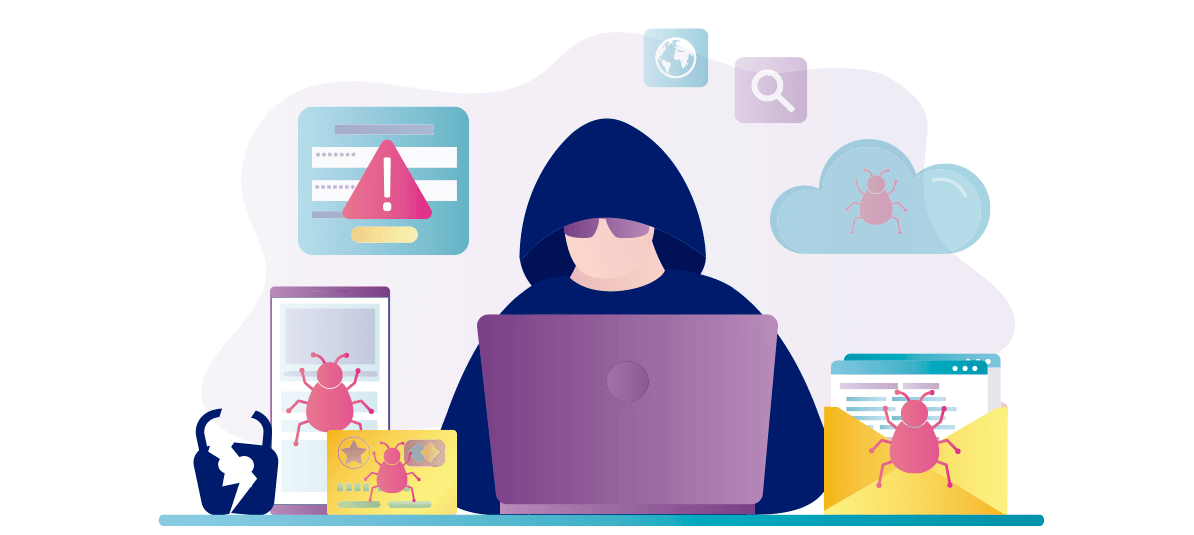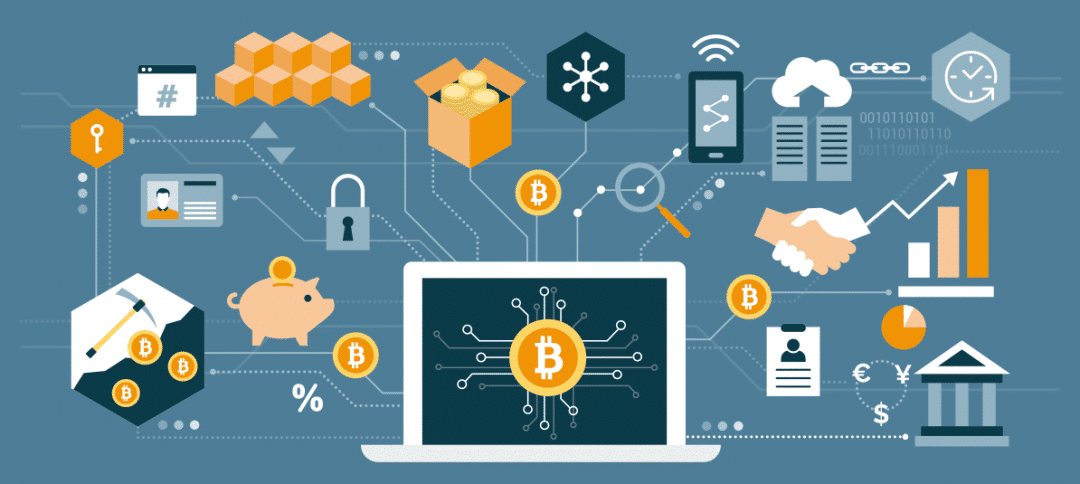Simply having a smartphone on which you keep information related to the business, clients, accounts, suppliers and so on is enough… this is usually the main entry point for computer viruses, unauthorized access, fraud, system blocking, virtual kidnaps, data publication and more.
Small businesses ruined
In six out of ten cases, a small business is unable to recover from such an attack. The average that an SME has to spend to recover after having been a victim of these pirates can be as much as 80,000 euros. It is therefore paradoxical that many SMEs have liability or damage insurance to protect their assets against losses but have not considered covering themselves against cyberattacks. Moreover, this type of attack has become worse during the lockdown period (more remote work from home with computers that are not always protected, more exchange of information over the network, etc.).
How insurance works
Cyberinsurers are involved right from the outset and put the insured party in contact with an expert IT service who can resolve the incident (systems access, data recovery, removal of malware, and so on). If an attack causes damage to third parties (customers or suppliers, for example) cyber insurance also comes into play, as it does for any loss of income that may have been incurred during the attack.
In addition to the technical aspect, insurers also set in motion the necessary legal processes: when information about third parties is leaked, it must be reported to the Data Protection Agency within a maximum of 72 hours, otherwise the small business owner could also face penalties.
Finally, to help you identify attacks going around on the internet, we advise you to consult the INCIBE (National Institute of Cybersecurity) website.









